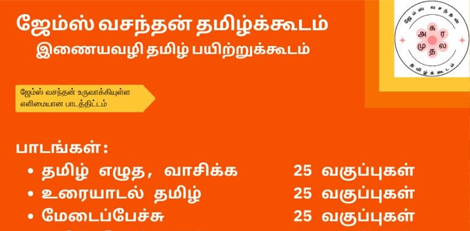Soon fresh fodder to be provided for the cattle by Aavin
Posted on: 14/May/2019 9:56:08 AM

Founded in the year 1958, Aavin plays an important role in procuring milk, processing milk and in selling milk to the customers. The headquarters is located at Madhavaram in Chennai. Aavin is now grabbing the eyeballs of many.
The information is Aavin has got plans to cultivate fodder or food consisting of dry hay/straw on 550 acres of meikkaal porambokku land spread across 7 districts in the state of TN. It is said that by this fresh fodder would be given to the cattle. It must be noted that meikkaal porambokku lands are those lands that are classified as cattle grazing lands.
The land available with the Animal Husbandry Department would be utilized for this purpose and this was according to the managing director of Aavin, Mr. C. Kamaraj. He then spoke about the modalities regarding how the lands could be taken possession of and the time for possession of lands that were worked by his team. In order to ascertain suitability, veterinarians, manager (Fodder), deputy general managers belonging to Aavin have started their inspections.
The important point is lands in places such as Virudhunagar, Namakkal, Madurai, Kanyakumari , Tirunelveli, Kancheepuram etc would be utilized. It is worthy to note that a total of 14 lakh cattle heads provide milk for the TN Co-operative Milk Producers Federation and Aavin is its popular brand.
The managing director of Aavin then threw light on how agricultural officers belonging to Aavin would be overseeing the cultivation. He added that Aavin has been cultivating fodder on around 100 acres and till now 1000 tonnes of fresh fodder has been distributed to the farmers. Point to be noted is Aavin has been responsible in supplying feed that included SMR or special milk ration, pellet and mesh varieties to the farmers. These farmers sell milk to its 12,105 co-operative societies.
The summer has been very difficult to not only people but also for the cattle. Keeping this in mind, Aavin has asked the milk producers to make sure that the cattle are tied in shady places and given enough clean water. By this the cattle could be protected from the searing heat.
Mr. Kamaraj finally spoke about how the animals would be let out to graze only in the mornings or in the late evenings and not during the day time. For this purpose, the local society officials would specifically inform the cattle owners regarding the above mentioned time for grazing.








